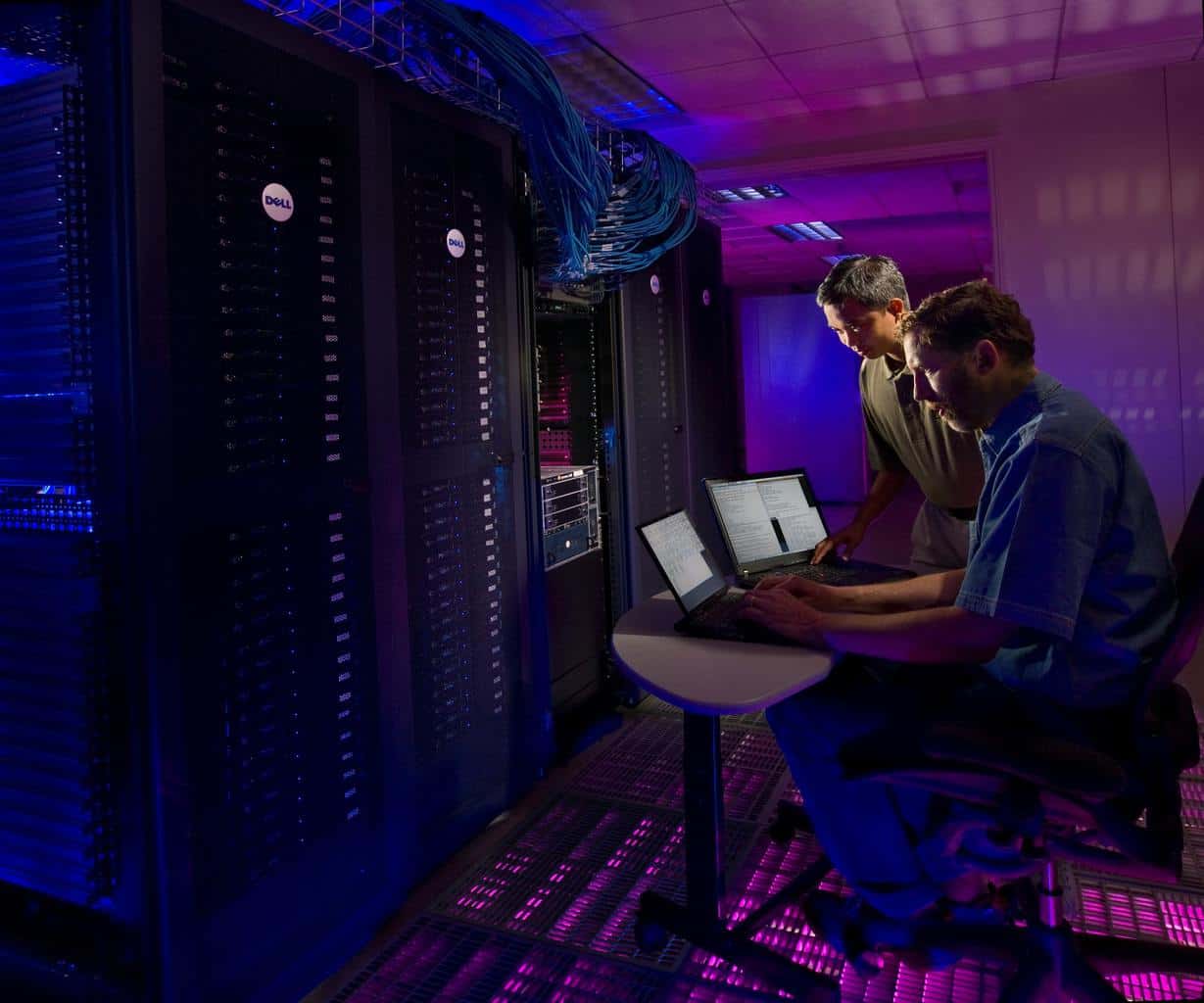
28 Apr How To Choose The Right Server For Your Business Needs
Having a reliable server for your business is essential. A server is the backbone of your company’s IT infrastructure, enabling seamless communication, data storage, and application hosting. Choosing the right server is a critical decision that can make or break your business operations. This listicle will guide you through the process of selecting the perfect server to meet your company’s needs.
Determine Your Server Requirements
Before diving into the world of servers, it’s crucial to identify your specific needs by using checklists for starting a business. Assess your current and future business growth, applications you plan to run, and the amount of storage and processing power required.
If your business requires top-notch performance, security, and control, you may want to buy a dedicated server. A dedicated server ensures that you have full control over the hardware, software, and configuration, providing better performance and reliability than shared hosting solutions.
Select The Right Server Type
There are several server types to choose from, including tower, rack, and blade servers.
Tower servers are ideal for small businesses with limited space and IT resources. Rack servers, on the other hand, are designed to be mounted on server racks and are best suited for businesses with growing IT infrastructure. Blade servers are highly efficient and compact, making them perfect for businesses with limited space but demanding high performance.
Understand The Difference Between Cloud-Based And On-Premises Servers
When selecting a server, you should consider whether to invest in a cloud-based or on-premises solution. Cloud-based servers are managed by third-party providers, making them an attractive option for businesses that want to minimize IT management responsibilities.
On-premises servers are hosted and managed in-house, offering complete control over data security and server maintenance. Weigh the pros and cons of each option, keeping your budget, data security requirements, and IT expertise in mind.
Focus On Processing Power
Your server’s processing power is crucial for its ability to handle high workloads and support multiple applications. Choose a server with a multi-core processor and sufficient clock speed to ensure efficient data processing.
Additionally, consider the scalability of the server’s processing power, as your business might require more processing capacity in the future.
Prioritize Memory Capacity
The server’s memory capacity directly impacts its ability to handle multiple tasks and users simultaneously. Evaluate your current and future memory requirements, considering factors such as the number of users, applications, and growth potential.
Choose a server with enough memory capacity to support these requirements and the option to expand as needed.
Assess Storage Requirements
Storage is another critical factor when choosing the right server for your business. Consider your current and future storage needs, including the type of data you plan to store, file sizes, and growth potential.
Opt for a server with ample storage capacity and the ability to support various storage technologies like SSDs, HDDs, and RAID configurations for data redundancy and protection.
Consider Server Connectivity And Networking Capabilities
 Your server’s networking capabilities determine its ability to communicate with other devices and the internet. Ensure that the server you choose has sufficient bandwidth, network interfaces, and support for various networking protocols.
Your server’s networking capabilities determine its ability to communicate with other devices and the internet. Ensure that the server you choose has sufficient bandwidth, network interfaces, and support for various networking protocols.
Additionally, consider factors like server redundancy, load balancing, and failover capabilities to guarantee uninterrupted connectivity.
Don’t Forget About Server Management And Support
Server management and support play a critical role in maintaining optimal server performance and addressing potential issues. When selecting a server, opt for one with comprehensive management tools and support for remote monitoring and administration.
Furthermore, choose a server vendor that offers excellent customer support, including timely software updates, security patches, and technical assistance.
In Conclusion
Choosing the right server for your business is a critical decision that requires careful consideration of your company’s unique needs and future growth. By following these eight steps – determining server requirements, selecting the right server type, understanding the difference between cloud-based and on-premises servers, focusing on processing power, prioritizing memory capacity, assessing storage requirements, considering server connectivity and networking capabilities, and keeping server management and support in mind – you can make an informed decision that best meets your business’s specific requirements.




No Comments